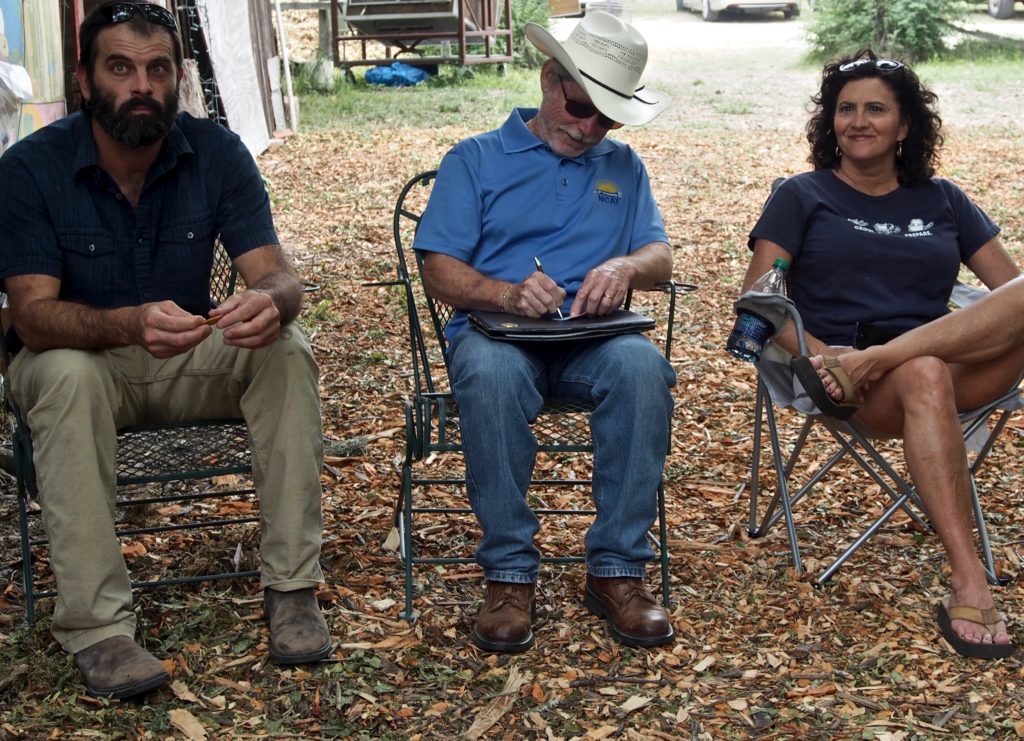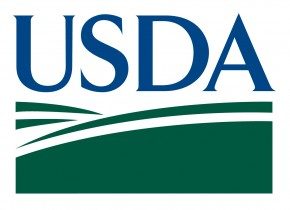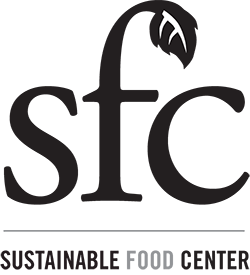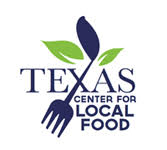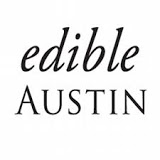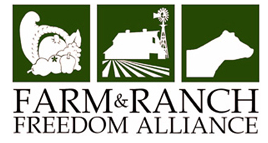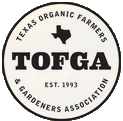Holistic Goals and Decisions for Healthier, Organic and Local Food in Austin
- May 26, 2017
- 4 min read
by Peggy Cole, HMI Program Manager
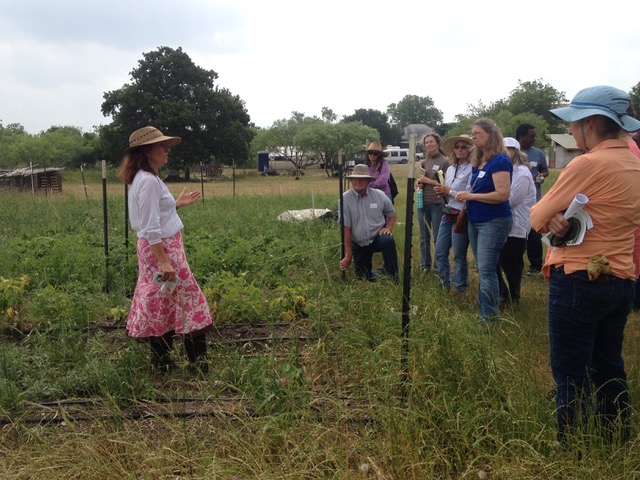
A mellow group of 50, all interested in urban agriculture in some form, met for the HMI Open Gate: Green Gate Farms Day in Austin on April 29, 2017. Our hosts Erin Flynn and Skip Connett took us high into the hayloft of the antique barn that was built there in 1902 when the Bergstrom family immigrated from Sweden. There, after a welcome and orientation to the day by HMI program manager Peggy Cole, Erin and Skip talked us through an informative powerpoint about all the ways they have used this 5-acre urban farm and their 35-acre river farm near Bastrop. Talk about diversity! And most of those ways contribute to sustainability – of the land, of the neighborhood, and of the business.
Though the slide presentation toured the river farm as well as the urban farm, the walking tour was on the Austin land where Skip’s group and Erin’s group covered everything there was to see as well as many questions from the tour participants. Erin and Skip have decided to phase out of their pastured pork production, in support of one of their Holistic Goals to simplify so more travel is possible now that children will soon be leaving the nest.
Back in the loft our special guests each gave a short explanation of their agency’s work in urban agriculture, followed by a few really good questions. Peggy Sechrist, a Certified Educator in Holistic Management, explained briefly the Holistic Management practice and the plan for us to experience a couple of the processes critical to that practice. Ronda Rutledge is Executive Director of the Sustainable Food Center in Austin. From seed to table, SFC creates opportunities for individuals to make healthy food choices and to participate in a vibrant local food system. Through organic food gardening, relationships with area farmers, interactive cooking classes and nutrition education, children and adults have increased access to locally grown food and are empowered to improve the long-term health of Central Texans and our environment. Edwin Marty is the City of Austin’s first Food Policy Manager. And food policy in Austin is all about sustainability and equity for the people, the planet and the prosperity of farmers and the people they feed. Marty is especially interested in people of all economic strata having equal access to whole, healthy food. He feels the biggest challenge to the future of urban farming in Austin over the next 5 years is access to affordable water. Robert Magg

iani is a long time Austin farmer and farm advocate now working with the National Center for Appropriate Technology. He feels the biggest challenge to the future of urban farming in Austin over the next 5 years is getting consumers to be mindful when they make their purchasing decisions. Katie Jolander represented Farm Service Agency with a talk about money that had her fairly mobbed at the breaks. She brought handouts to educate about the many diversified programs offered by FSA. Lunch in the cool, shady picnic area was a delicious spread from home-grown Green Gate goodness. We had roasted pork with a salad of many earthly delights and a cheese polenta that melts in the mouth. Peggy Sechrist, assisted by Certified Educator Katherine Ottmers then facilitated the creation by our panel of a brief Holistic Goal for the local, healthy food movement in the Austin area. Each contributed one statement to each of the 3 parts of the goal. Here is what they identif

ied as the desired Quality of Life:
Local sustainable organizations and producers are both successful and well-known.
Our food system is culturally supportive and ecologically sound for generations to come.
Local producers are able to cover the cost of production, pay living wages to their workers and deliver clean healthy food at an affordable price point.
The identified Behaviors and Systems that need to be in place:
Consumers actively seek out and purchase local food
Conditions that make it easy, acceptable and exciting to grow food in a sustainable way
Greater number of retail outlets throughout the community carry local foods and food products
The group then created a vision statement through a look at the resource base – land and human – that will be sustainable far into the future. They were then able to identify the adverse factors holding that movement back and then brainstorm possible ways to remove specific barriers. The result was an action to put through the testing guidelines —
The action passed and the audience gained momentum on the idea with lots of enthusiastic suggestions.
City of Austin Food System and Research ReportsBlueprint for a National Food StrategyWho Are the Organic Farmers of Texas?Feasibility Study for a Texas Organic Food HubNorth American Food System Network Toolbox
Thank You to Our Sponsor
Thank You to Our Collaborators
Take one of our upcoming Getting Started Online Courses and LEARN FROM ANYWHERE! Only $250. Full and partial scholarships are available.
August 30 – October 4, 2017
Develop a whole farm (holistic) goal which clearly articulates the vision for your farm/ranch, the organizational structure, and the resources available.
Incorporate a triple bottom line analysis filter to help you make decisions more effectively (particularly in a group setting or where there are conflicts around key issues).
Learn the principles of how Nature functions and understand how tools affect ecosystem health.
*FSA Approved in various USA states
October 3 – November 7, 2017
Develop a financial plan which will consist of a yearly budget
Determine current net worth and projected net worth at year end to analyze effectiveness of financial investments
Develop enterprise analysis for each enterprise (up to 3 enterprises) to move from a production focus to a profit focus
Be able to analyze expenses and investment allocation strategies so you can better determine return on investment (up to 3 investments)
Be able to analyze livestock production strategies and ramifications on financial planning (for those working with livestock).

